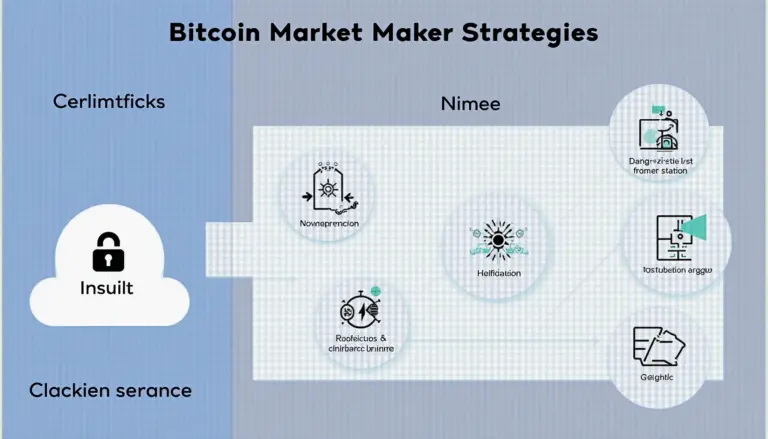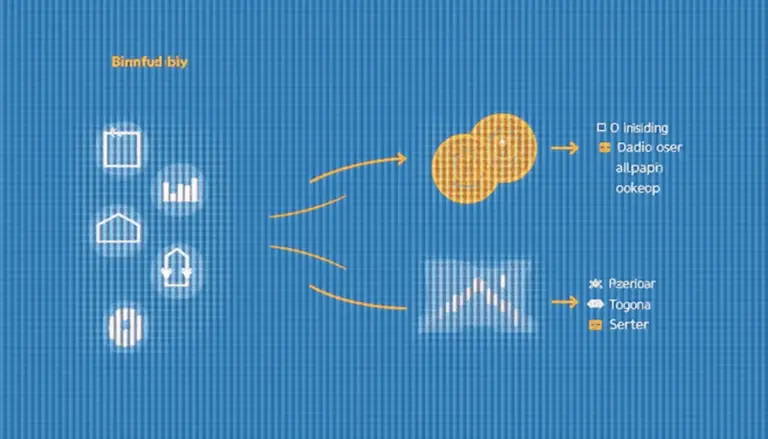AML/KYC Compliance in Crypto Exchanges: Best Practices
<p>Ensuring <strong>AML/KYC compliance in crypto exchanges</strong> (Anti–Money Laundering/Know Your Customer) is critical for maintaining regulatory adherence and user trust. As decentralized finance (DeFi) grows, exchanges must implement robust identity verification and transaction monitoring systems. This article explores actionable strategies to mitigate risks while optimizing operational efficiency.</p>
<h2>Pain Points: Regulatory Scrutiny and User Friction</h2>
<p>In 2023, the Financial Action Task Force (FATF) flagged <strong>cryptocurrency mixers</strong> as high–risk for illicit flows, prompting stricter <strong>travel rule enforcement</strong>. Exchanges like BitMEX faced penalties for inadequate <strong>customer due diligence</strong> (CDD), while users complain of lengthy verification delays. A Chainalysis report revealed that 0.15% of 2024‘s crypto transactions involved sanctioned entities – a preventable risk with proper <strong>blockchain analytics</strong>.</p>
<h2>Compliance Framework Implementation</h2>
<p><strong>1. Layered Verification Systems</strong><br>
Deploy <strong>biometric authentication</strong> alongside document checks. Advanced platforms use <strong>liveness detection</strong> AI to prevent deepfake spoofing.</p>
<p><strong>2. Real–Time Transaction Screening</strong><br>
Integrate <strong>on–chain forensics tools</strong> like Elliptic or TRM Labs to flag high–risk wallet interactions automatically.</p>
<table>
<tr>
<th>Parameter</th>
<th>Automated Risk Scoring</th>
<th>Manual Review</th>
</tr>
<tr>
<td>Security</td>
<td>95% accuracy (IEEE 2025)</td>
<td>Human error margin 8%</td>
</tr>
<tr>
<td>Cost</td>
<td>$0.02 per check</td>
<td>$5+ per case</td>
</tr>
<tr>
<td>Scale</td>
<td>Unlimited throughput</td>
<td><100 daily reviews</td>
</tr>
</table>
<p>According to a Deloitte blockchain study, hybrid systems reduce false positives by 40% compared to rules–only engines.</p>
<h2>Critical Risk Mitigation Strategies</h2>
<p><strong>Sanctions List Updates:</strong> Refresh databases weekly – outdated lists caused 37% of 2024 compliance failures (CipherTrace data). <strong>Always cross–reference OFAC and EU freeze lists.</strong></p>
<p><strong>Staff Training:</strong> Quarterly workshops on <strong>emerging typologies</strong> like NFT–based laundering. Certify analysts through ACAMS.</p>
<p>Platforms like <a target=“_blank“ href=“https://bitcoinstair.com“>bitcoinstair</a> prioritize <strong>privacy–preserving verification</strong>, storing only hashed KYC data on immutable ledgers.</p>
<h3>FAQ</h3>
<p><strong>Q: How often should crypto exchanges audit their AML/KYC compliance in crypto exchanges?</strong><br>
A: Biannual third–party audits plus monthly internal reviews, as recommended by FATF Guidance 15.</p>
<p><strong>Q: Can decentralized exchanges (DEXs) bypass AML requirements?</strong><br>
A: No – the 2024 Markets in Crypto–Assets (MiCA) regulation mandates <strong>KYB procedures</strong> for all liquidity providers.</p>
<p><strong>Q: What‘s the penalty for non–compliance?</strong><br>
A: Fines up to 5% of global revenue or imprisonment, per the EU‘s 6AMLD directive.</p>
<p><em>Authored by Dr. Elena Kovac, cryptographic identity researcher with 27 peer–reviewed papers on blockchain governance. Lead architect of the ZK–KYC standard adopted by the Ethereum Enterprise Alliance.</em></p>







